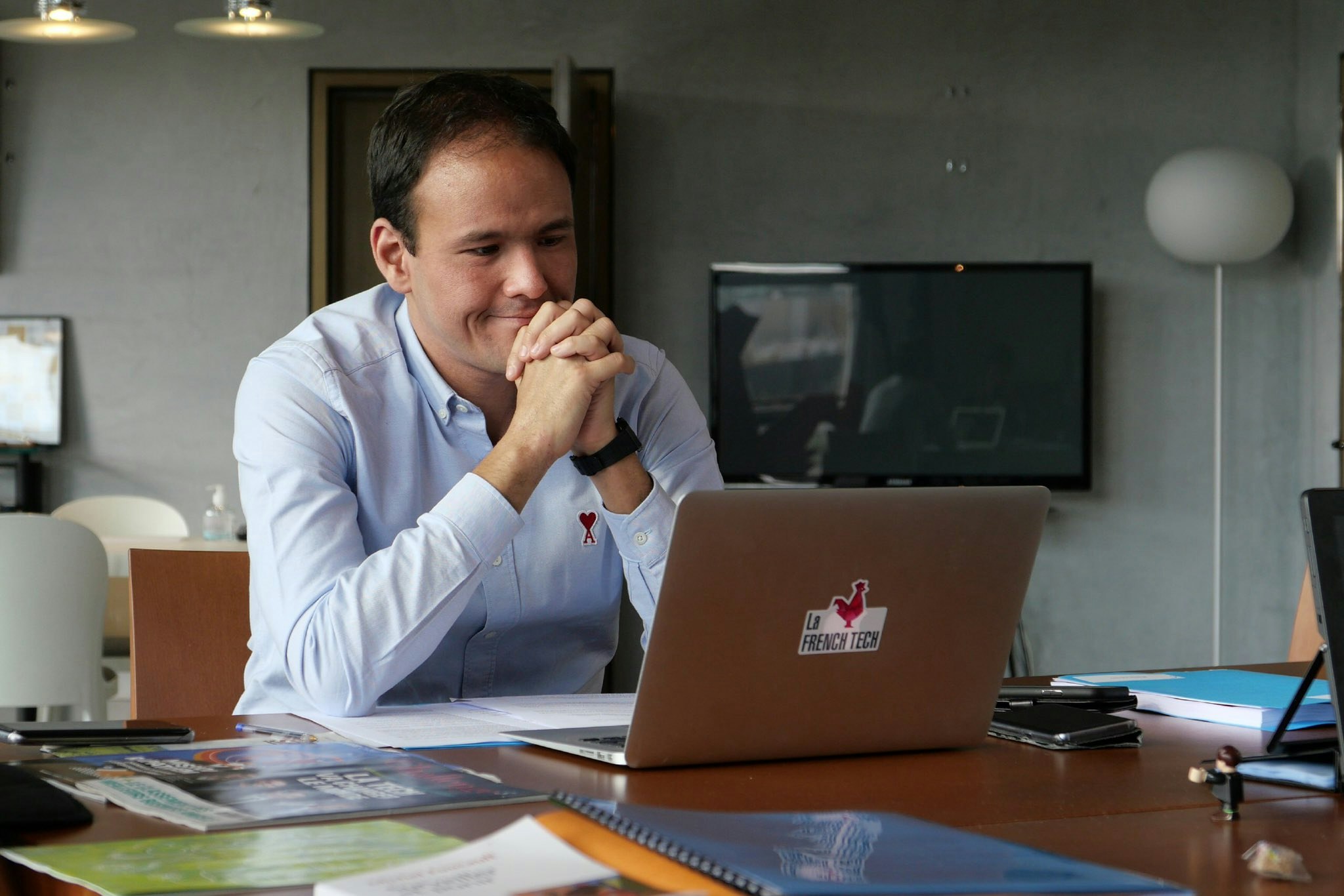France is preparing to crack down on binge-watching.
The French government is looking at how much time consumers spend streaming videos online as part of its broader thinking on cutting back pollution and adopting more eco-friendly behaviour.
“Do we really need to watch this many videos? That’s a good place to start,” Cedric O, the junior minister for all things digital, said on French television station CNews.
O, who has just been renewed in his post as secretary of state, said he and fellow French government officials are drafting a new strategy aimed at reducing the carbon footprint of the digital sector. Streaming is one part of those discussions, he said.
Any regulation would chiefly impact the big US tech companies such as Netflix and Amazon which dominate streaming in Europe, but could also hit some local competitors which are springing up including Molotov TV and Medici.tv in France.
Fortunately for them, a straight tax looks unlikely.
“I don’t think this is something that can be fixed with a new tax,” O said, insisting on changing consumers’ habits instead. “As consumers we need to learn to stop watching videos compulsively, the way we learned to shut off the lights or not to leave the water running.”
O has reason to be concerned. Digital activities globally make up about 4% of carbon emissions, and that footprint is set to double by 2025 if current consumption trends continue, according to the estimates of French government-backed environmental agency ADEME.
Streaming specifically makes up about 1% of global carbon emissions, according to estimates published a year ago by French think tank The Shift Project. The report said online streaming generated some 300m tons of CO2 in 2018 — a level comparable to what Spain generates as a whole country.
The think tank and others, including activist group Greenpeace, have already called for consumers to change their ways. With O’s declarations, France is now officially chiming in.
The initiative is part of broader ambitions for French president Emmanuel Macron. His government is getting ready to detail a €100bn stimulus package at the end of the summer to kickstart an economy bogged down by coronavirus. So-called “ecological transition” is ramping up to be a huge chunk of that handout.
Red flags
Not everyone agrees about the environmental impact of streaming though, and there’s no definitive dataset.
Companies have recognised that energy efficiency gains at data centres, on telecoms networks and on electronics devices can all help alleviate pollution.
The United Nation’s agency for tech, called ITU, this year set a target for reducing the sector’s emissions by 45% over the next decade, and landed commitments by telecoms and tech giants around the world.
Still, as connection speeds increase and more consumers take to streaming more often, it’s unclear whether technical progress can balance out the impact of the growing number of hours that consumers spend watching YouTube videos or series on Netflix.
Reports by Netflix about the energy usage of its data centres and other infrastructure show energy consumption levels are not only high — they’re also growing at rates in the high double digits, in a sign that the issue is only going to become more pressing.
Regulation
Binge-watching is already a matter of public policy in Europe, albeit for different reasons. During the coronavirus crisis, when consumers got stuck at home and turned to their computers for entertainment, the European Commission had to step in and ask online video behemoths to cut back on quality to avoid saturating telecoms infrastructure.
Now, by making a push on pollution from streaming, and the environmental impact of the digital sector more broadly, France stands to gain as a voice on sustainability on the global stage.
Since the Paris climate accord of 2016, Macron has hosted executives from some of the world’s biggest tech companies at the Tech for Good summit in 2018 and 2019, and earlier this month touched base with them remotely about progress accomplished so far on a series of pledges, including becoming greener.
Finding a way to appeal to consumers about changing their streaming habits might just be the next frontier.



